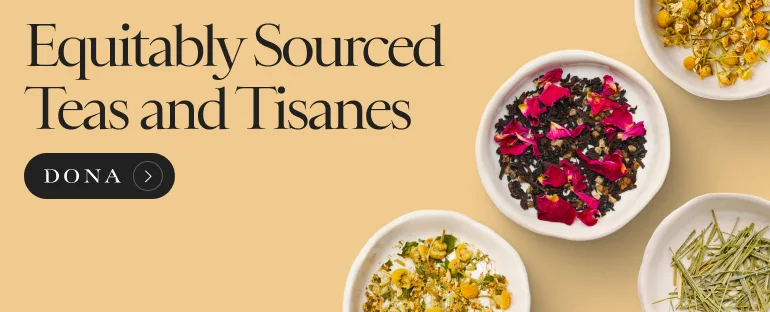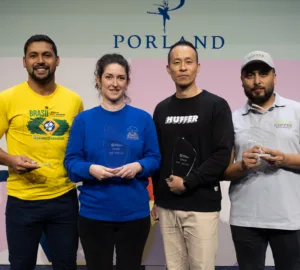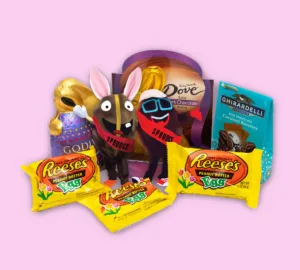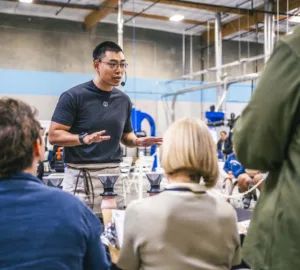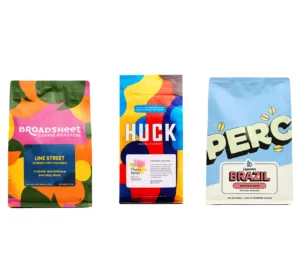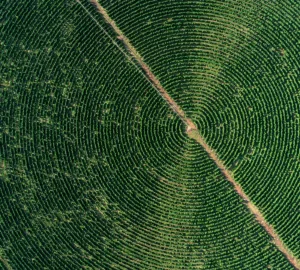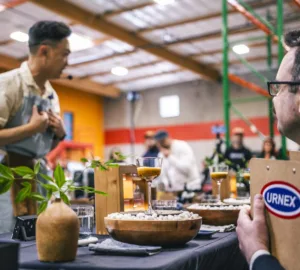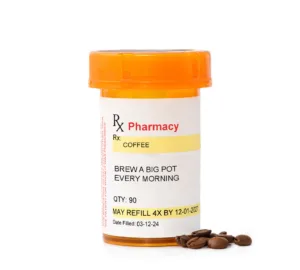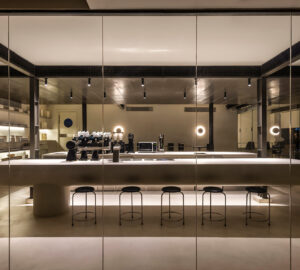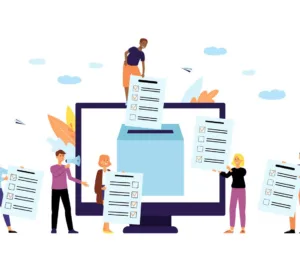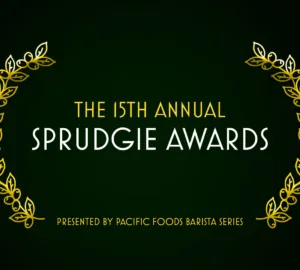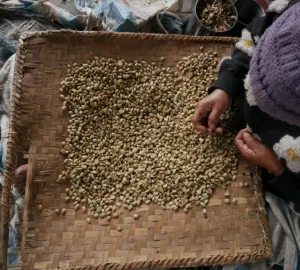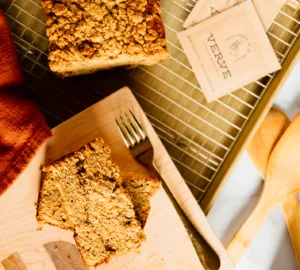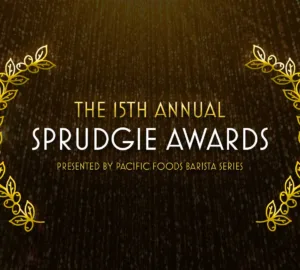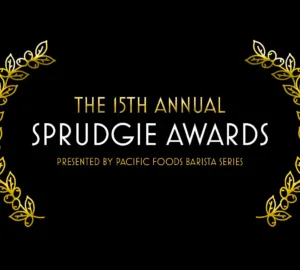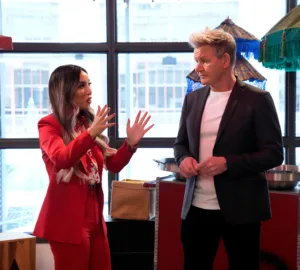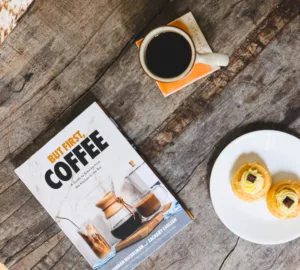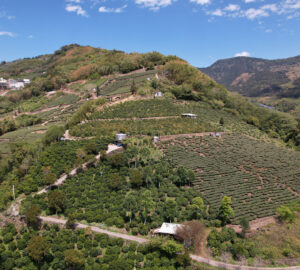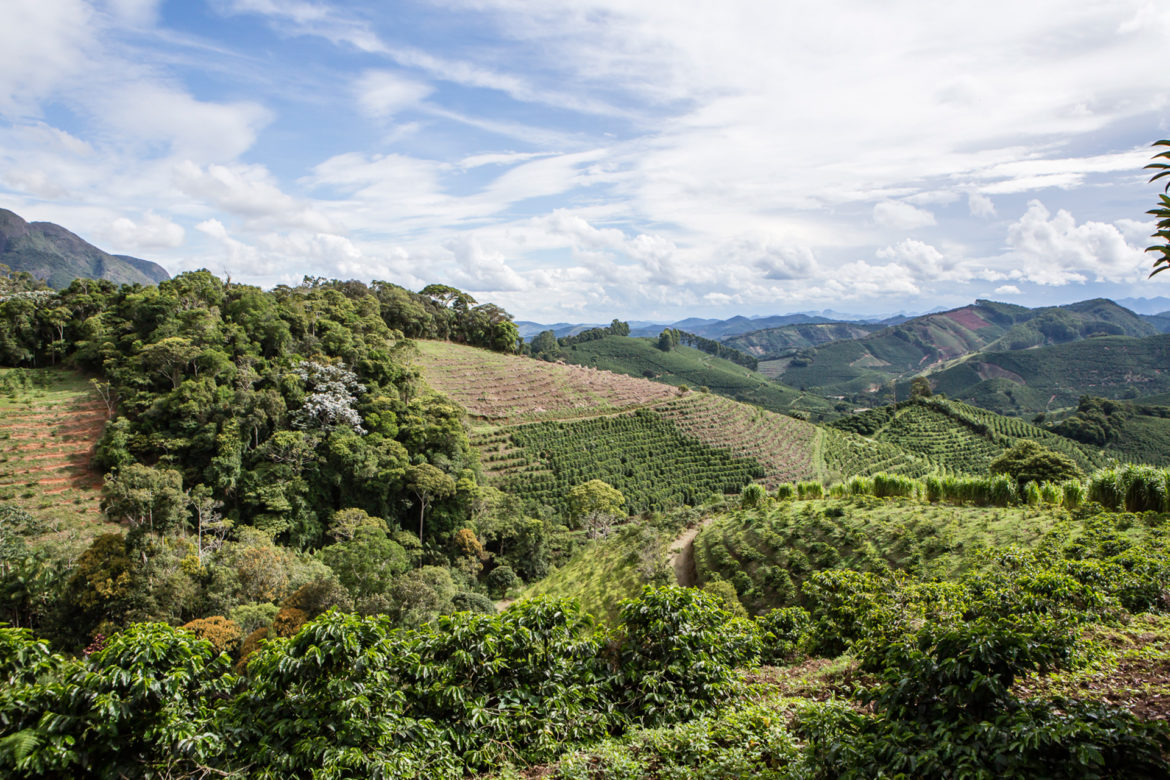
Growing up on a small coffee farm in Minas Gerais, Brazil, I have to say I always viewed coffee as something that “had to be cultivated in large amount in order to be profitable”—my father’s words—as well as something bitter, meant to be taken with sugar. But as an adult living in the United States, I saw many of my late father’s farmer friends’ names on bags at specialty coffee roasteries across the country and quickly realized that their coffee wasn’t bitter. (Nor were these coffees nutty, creamy, and chocolaty—like most coffees from Brazil are assumed to be in the rest of the world.)
“It’s an exciting time to be a coffee farmer in Brazil,” Fazenda Ambiental Fortaleza‘s Felipe Croce tells me. Croce—along with the Brazilian Specialty Coffee Association (BSCA)—organized the BSCA Micro Region Showcase, an event that brought 23 foreign roasters and four Brazilian roasters together for a nano-lot late-harvest auction with the aim to demystify the country’s terroirs. The event took place in Caparaó, a mountainous area just shy of 3000 MASL encircling a national park belonging to the states of Minas Gerais and Espírito Santo. I had the opportunity to speak to some of the roasters—and the producers from which they purchased the lots—to get both sides of the perspective.
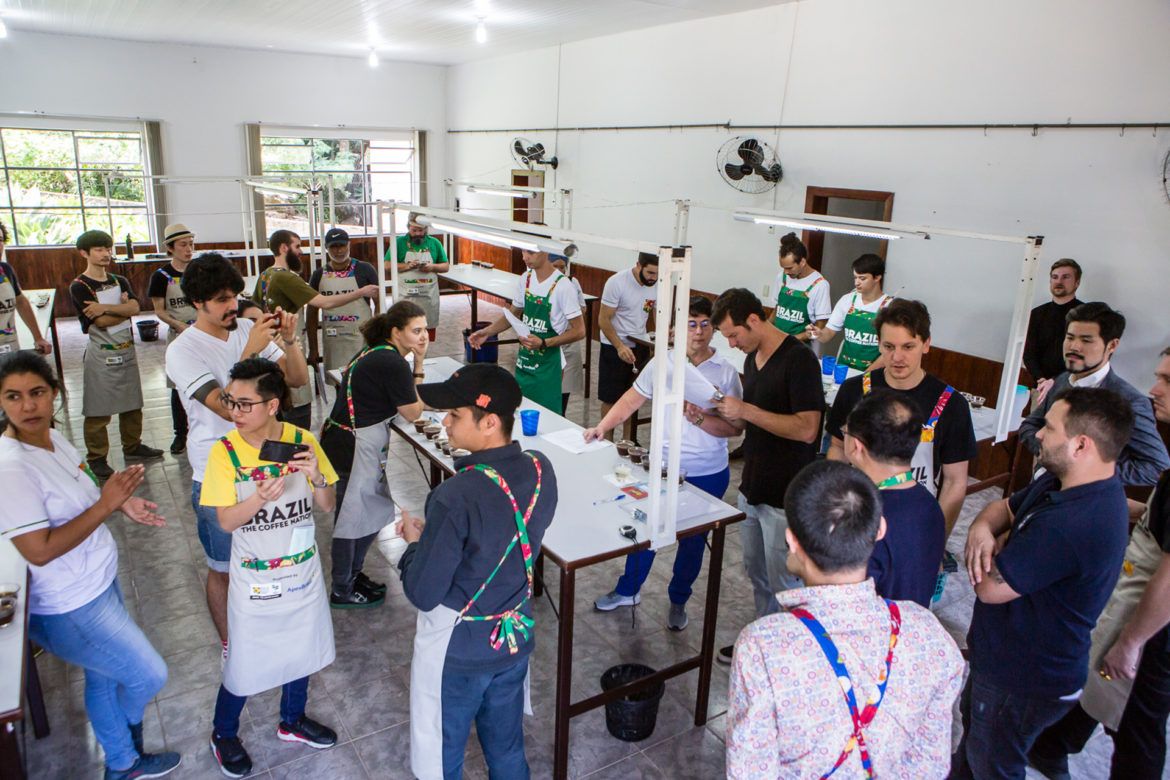
Lulu Wang from Taiwan was impressed at the coffees she found on the calibration table. A renowned coffee professional and trainer who also comes from a producing country, Wang described some of the lots as “floral, juicy, with a slight lactic acidity, something I had never tasted before in a Brazil.”
Seth Taylor, from Seth Taylor Coffee by Design (Toronto), came to the auction as a buyer but has been flirting with Caparaó for a long time. He got to know coffee from Espírito Santo in the previous years at Coffee Lab (São Paulo), and now he finally had the chance to choose a local lot to roast back in Canada. The lot he first had his eyes on got outbid at the very last second (let me tell you, watching that auction was beyond interesting, geopolitically speaking—it was like watching the world play politics through a coffee auction—but I digress.) In the end, Taylor and Olga Karakozova, from Smart Coffee (Russia) ended up splitting a lot between the two of them, since both of them already knew the young farmer, Luana de Paula. De Paula’s lot was harvested under rain, and what saved it, according to her, was the greenhouse where she put it to dry. It yielded less than 100 kilos, and she is very excited to have the coffee served in both Canada and Russia. (De Paula has recently started taking English classes in order to follow all the social media posts about her coffee!)
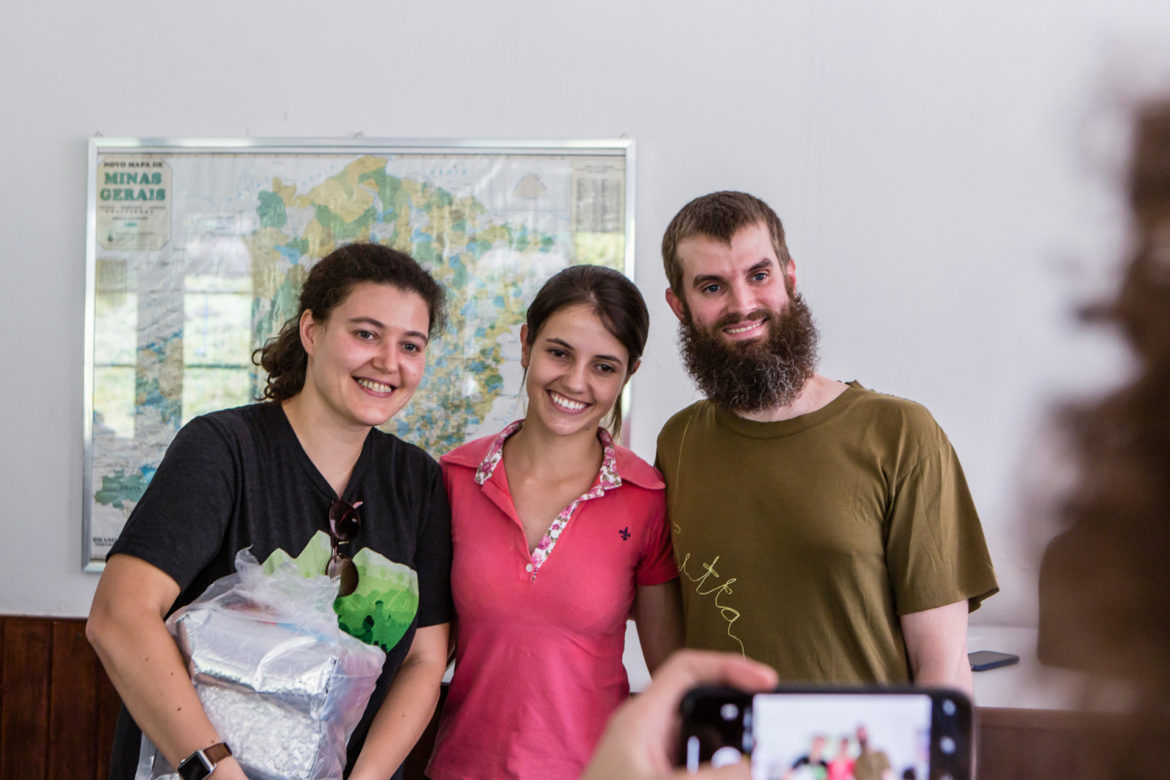
Sebastian Freidzon, from All Saints in Buenos Aires, had never worked with Brazilian coffee at his roastery. So for his first time, he wanted it to be special. At the auction, he found just what he wanted. “Since we already have a customer base interested in exotic flavors, African and Central American coffees, it will be easy to sell this coffee as a single origin in filtered methods.” Freidzon bought the lot from Maria Aparecida dos Reis, from Sítio Água Limpa farm, who’s been working with specialty coffee since 2016. The nano-lot was dried in African beds, Dos Reis tells me, and since it was the rainy season, during the night she covered it to protect it from the rain. De Paula, her neighbor, encouraged her to send a sample for the auction and so she did. From now on,” she says with a smile, “I will never miss a call for competition or auction.”
Arthur Audibert, owner at L’Alchimiste (Bordeaux), was visiting Brazil for the first time and also doing his first direct trade transaction with a Brazilian farmer through the auction. Up until now, he had been buying Brazils as mostly nutty, mild coffees to be part of his espresso blends. In here, he was quite surprised to find distinct, vibrant flavor profiles at the auction and also at some of the farms visited. Audibert makes a parallel between coffee and wine when we spoke about stereotypes in flavor profiles: “In Bordeaux, many of my customers approach me saying they like ‘Brazilian coffee,’ meaning that they like intense, heavier-body espressos. I have to deconstruct that idea for them, and it’s hard. To me, that’s the same thing as someone telling me they like French wine. It doesn’t mean anything. It can’t mean anything. We need to bring up the terroir talk more often.”
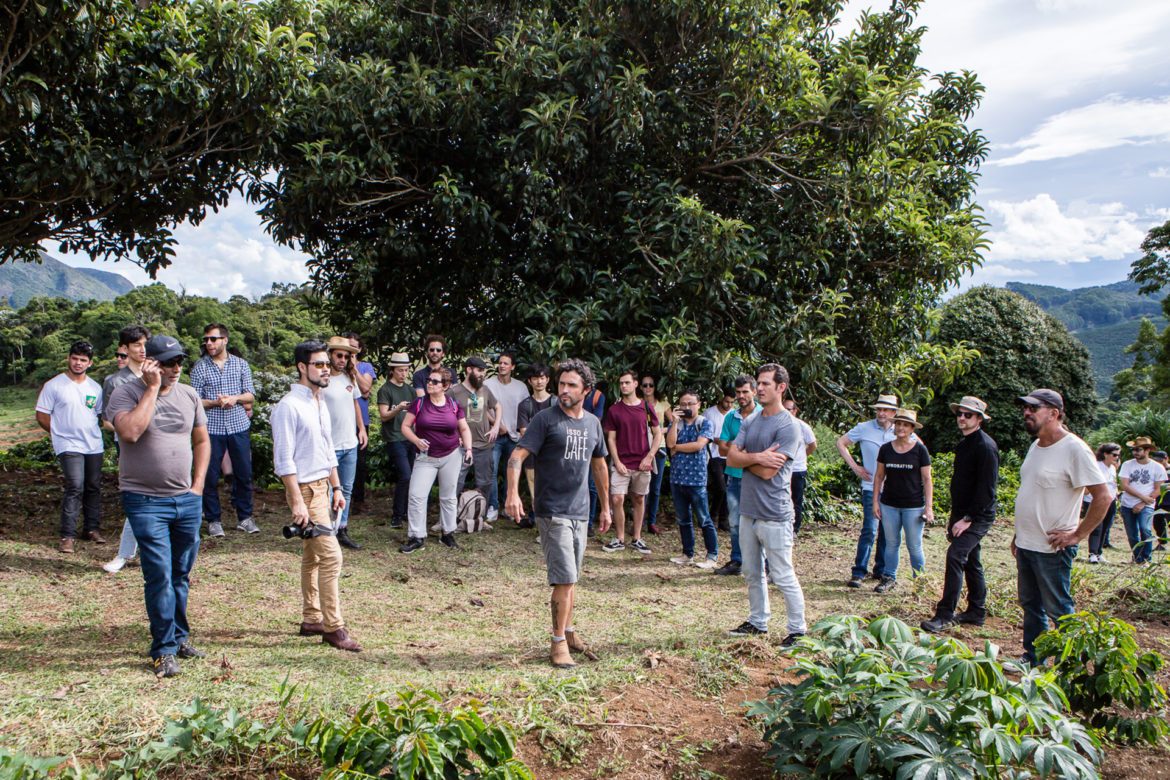
John Johnson, director of coffee at City of Saints in Brooklyn, New York, ended up buying a natural lot from Fazenda Ninho da Águia, run by producer Clayton Barrossa—a former surfer, but that’s another story. Johnson was glad to have visited the farm before the auction, and to have had the opportunity to try some of Barrossa’s coffees at the farm as well.
Barrossa’s coffees are known for their late-harvest lots; some roasters even wait until the last minute to see what the Ninho da Águia harvest will bring. This auction lot was harvested in December: a natural red Catuaí, dried on African-style beds. “It was creamy, very citric, and floral—very hard not to please,” describes Barrossa. The entire Ninho da Águia farm follows the agroecology model and has been divided into “sustainable gardens,” as Barrossa likes to put it: smaller plots of land surrounded by native vegetation plus a mix of fruits and vegetables that are cultivated by his family. They’ve also built a roastery on the farm, and since 2012 they have been offering tours for people who visit the nearby Pico da Bandeira. A significant part of their production sells to the domestic market.
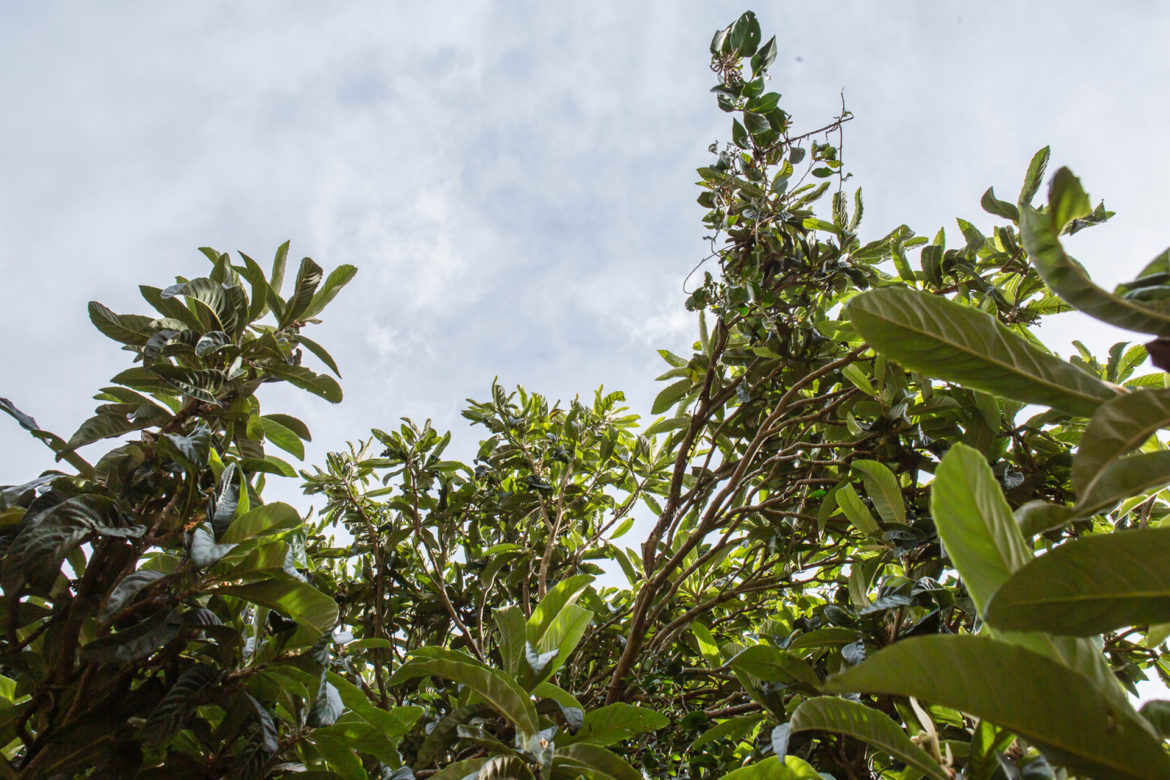
It’s an exciting time to be a coffee farmer in Brazil. And thankfully, it means so much more than producing nutty, round, chocolatey coffees. Farmers like the ones mentioned above are working hard to prove it’s so.
Juliana Ganan is a Brazilian coffee professional and journalist. Read more Juliana Ganan on Sprudge.
Photographs by Tony Chen.













